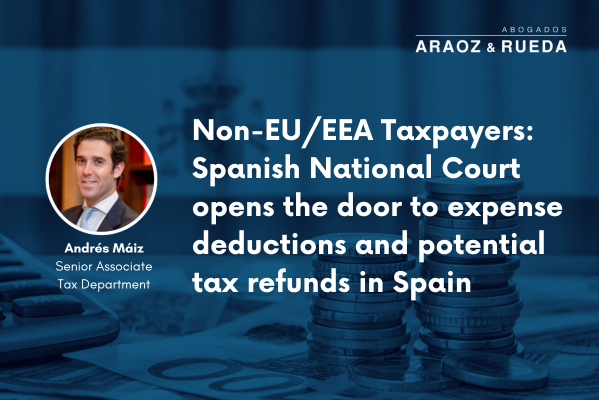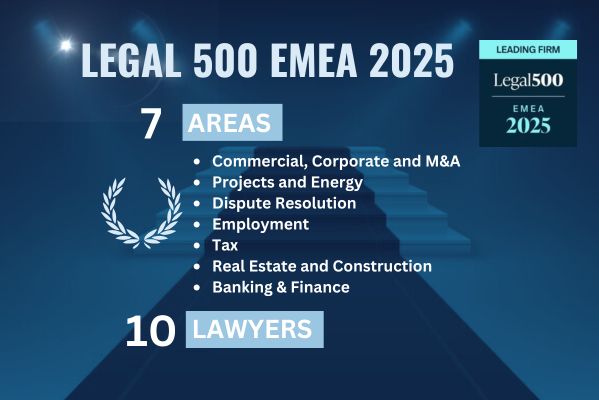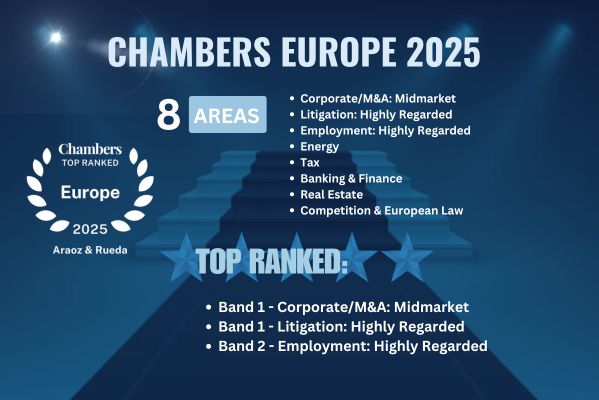The Spanish National Court (Audiencia Nacional) has recognised in its judgment of 28 July 2025 (case no. 636/2021) the right of Non-Resident Income Tax (NRIT) taxpayers resident in third countries —i.e. outside the European Union (“EU”) and the European Economic Area (“EEA”)— to deduct expenses directly connected with rental income derived from immovable property located in Spain.
Until now, Spanish domestic legislation drew a clear distinction:
(i) NRIT taxpayers resident in the EU or in the EEA (provided there was effective exchange of tax information) could to be taxed on their net income, being able to deduct related expenses.
(ii) NRIT taxpayers resident in third countries were subject to tax on their gross income, with no possibility of deducting expenses.
The Spanish National Court has challenged this distinction as discriminatory, relying on well-established case law of both the Court of Justice of the European Union (“CJEU”) and the Spanish Supreme Court regarding the free movement of capital. It concludes that Spanish domestic legislation, by denying deductibility of expenses to non-EU/EEA residents, infringes Article 63 TFEU, which enshrines the free movement of capital as a fundamental pillar of the single market.
As a result of this judgment, non-EU/EEA NRIT taxpayers are entitled to deduct all expenses directly linked to their Spanish-source income. In the case of Spanish-source rental income, those expenses would include maintenance, insurance, depreciation, local taxes and fees, community fees and similar items. This judgement has decided about expense deductibility on Spanish-source rental income. However, we understand that other kinds of income could be also affected.
Although this interpretation has not yet been confirmed by either the Spanish Supreme Court or the CJEU, it nevertheless opens the door for affected taxpayers to seek rectification of tax returns filed within the past four years and to claim refunds of amounts unduly paid because of having been prevented from deducting such expenses at the time.
By Andrés Máiz
Senior Associate – Tax Department





